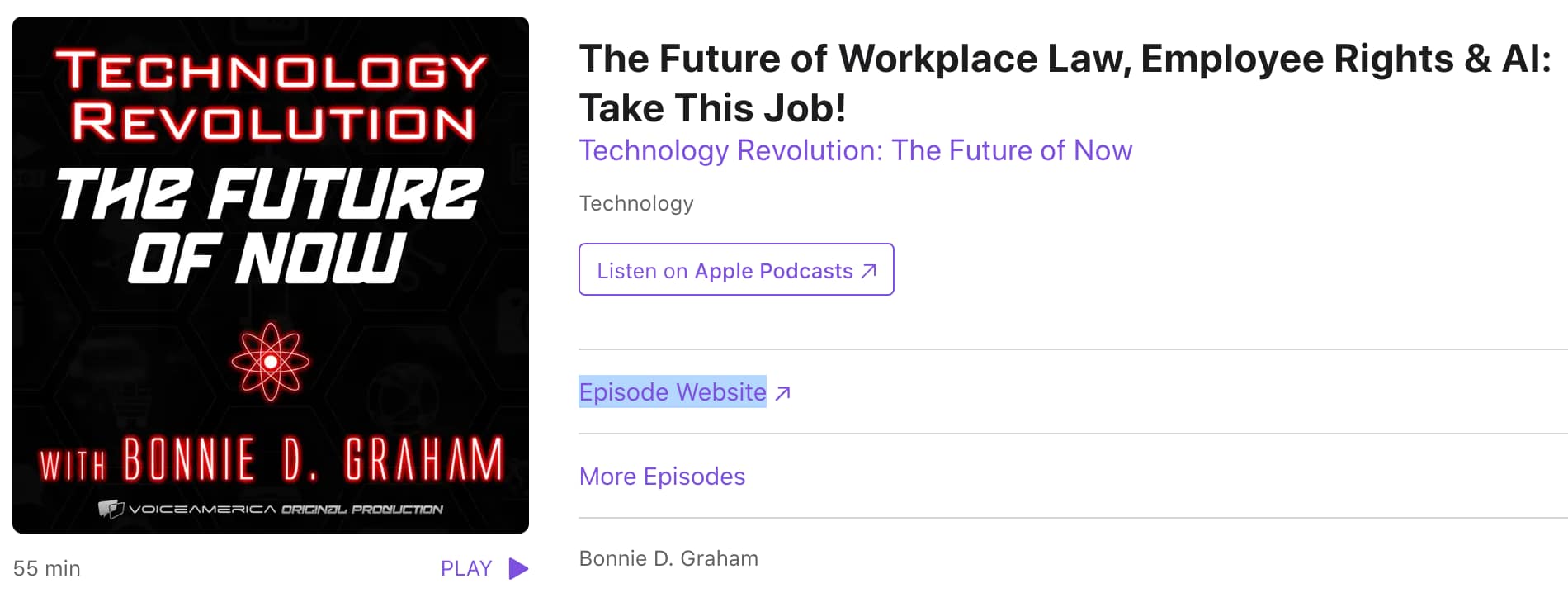Conflict is an inevitable part of the fast-paced and competitive world of business. Conflict resolution can be elusive when disputes arise, tempers flare, and emotions run high. Many workers instinctively distance themselves from these emotional challenges, recognizing the risk of making the wrong choice. They ignore problems and hope they magically go away. Others rely on their instincts to guide their behavior, which can have disastrous consequences.
We’ve seen:
- Co-workers get into fist fights.
- Managers use racial and gender epithets.
- Vendors and independent contractors sexually harass clients.
Third Ear Conflict Resolution is often called to help resolve these matters.
Knowledge is not enough to prevent workplace conflicts.
Conflict resolution has to be part of your training process. It’s part of our KARR Training Method:
- Knowledge delivery
- Application of that knowledge
- Reinforcement of the behavior you want to see
- Resolution of the inevitable conflicts
We all know assault, discrimination, and sexual harassment are harmful behaviors that do not belong in the workplace (if anywhere). Yet people still engage in them. No matter how good your presentations and materials are, knowledge is not eliminating workplace conflict.
Artificial intelligence won’t prevent conflict, either.
In an effort to reduce the risk of costly errors, businesses often automate processes and minimize human interactions. This is the promise of artificial intelligence (AI).
AI promises to remove from processes some of the tasks that are most vulnerable to human error. But will that be enough?
Probably not. Humans are communal beings. People are going to come together, and they’re going to make mistakes when they do. You need to prepare to address the messy, emotional aspects of conflict so you can resolve it fully. So far, AI is pretty good at summarizing conflicts, role playing, and suggesting actions, but it needs humans to facilitate the conflict resolution.
More conflict resolution skill reduces fear.
It’s precisely the emotionally-charged situations that fuel our passion for the work we do.
In a recent 26x Networking meeting, Founder George Bischof asked attendees to share one of the most difficult things they’ve had to do in their current businesses or roles. (George always has provocative questions like these to lead the discussions and help us get to know each other on deeper levels.)
The challenges and solutions that were shared struck a chord deep within our founder. Nance said:
The courts are largely designed to minimize opportunities for natural human responses to conflict, which is why parties often feel judgments and settlements are incomplete.
We have to address the human impact before parties can heal and move on.
I know this because I have been a plaintiff and a crime victim. As a result of my lived experiences and my training, I recognize the signs of trauma in the people I serve, whether they are business owners, employees, executives, freelancers, or independent contractors.
I see how unresolved trauma drives ineffective decisions–from hiring incompatible workers to accepting abusive clients. Fortunately, I have also witnessed the success stories.
Third Ear Conflict Resolution has worked with battered spouses who left domestic violence shelters to own their homes and businesses that served their communities commercially and charitably. Similarly, we have worked with successful entrepreneurs who grew up in public housing and war-torn countries.
We know that great employees might be hidden in unexpected places, behind unusual hair, clothing, tattoos, piercings, and figurative walls. Likewise, their supervisors are often diamonds in the rough that can prove highly valuable with a little polish. We take a holistic approach and play the long game because we believe people are worth the investment.
